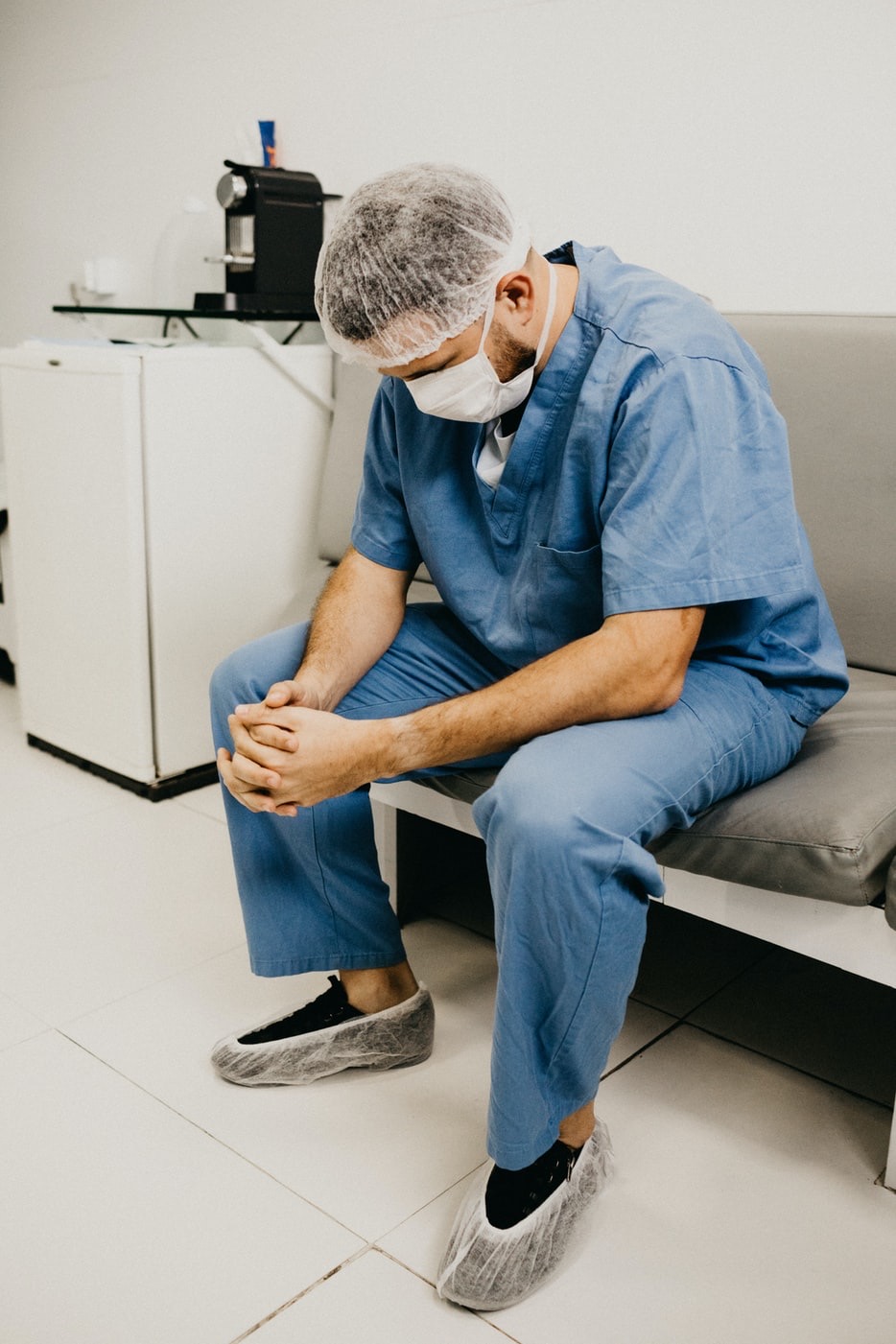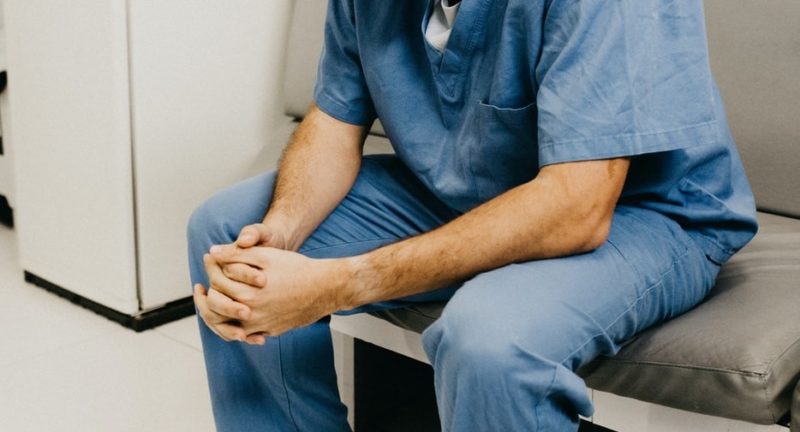

Coronavirus and Health Care Workers Mental Health
May 11, 2020 by Counseling and Wellness Center of Pittsburgh doctors and suicide, health care coworkers and coronavirus, pandemic and self care for doctors 0 comments
Health Care workers are among the most vulnerable populations right now with the Coronavirus impact. It is not what we initially think, but those who are battling the epidemic and caring for our sick are also some of the most vulnerable. Particularly those who are front line workers who are exposed to those who have or could have Covid-19 infections. With concerns about the well-being of the front line workers, this piece focuses on their emotional and mental health needs right now. Please keep in mind, even prior to Covid-19, there is a slightly higher than average suicide rate for medical professionals. What makes medical workers especially vulnerable is that they are less likely to seek mental health support, they are less likely to acknowledge their own emotional needs or self care needs such as sleep and nourishment, and they are often overworked. All of these things make them a population of special concern during Covid-19.
Coronavirus has impacted health care workers with the omnipresence of the needs of patients that may or may not be able to be helped. To be on the front lines dealing with gravely ill individuals and to not be able to offer them more than palliative care is stressful for medical professionals. Additionally, many hospital centers are not equipped with personal protection equipment which allows providers to feel safe in their delivery of care for others. This adds a layer of helplessness when personal exposure can result in disease and death of themselves and their family members. All of these factors together create the perfect storm for increased stress, fatigue, anxiety, burnout, depression and the onset of other mental health concerns.
Post Traumatic Stress Disorder (PTSD) is defined as an emotional response to a sudden and unexpected event such as an accident or natural disaster. Commons symptoms are uncontrolled emotions, flashbacks, strained relationships, and nightmares. Corona Virus and its impact has been traumatic for most people and most especially our front line workers, there will be variability in those who recover from the traumatic nature of this event with resiliency, rebounding quickly to a full recovery, versus those who experience lingering symptoms for months or years to come.
One important thing that we can do for ourselves and others to enhance our mental and emotional health is to acknowledge how difficult this has been, mentally, emotionally, and physically. It is normal to be stressed, frustrated, and overwhelmed during a pandemic crises. To be realistic, the health care workers should check in with supervisors and try to reduce their work load right now and minimize other stresses to prevent the overall impact from complicating in greater ways.
If any health care worker is noticing that they are feeling heightened fatigue, hypersomnia or insomnia, changes in weight or appetite, flashbacks, intrusive thoughts, anxiety, depression, or thoughts of self harm they should immediately talk with a mental health professional, employee assistance program, or call a crises hotline in the event of thoughts of self harm. In times of crises, absolute burn out can come on quickly and been all encompassing before one even realizes what they are experiencing. It is normal to have limitations and important to acknowledge ones own mental, emotional, and psychological needs.
Related Posts
Coronavirus and Health Care Workers Mental Health
May 11, 2020
Health Care workers are among the most vulnerable populations right now...

